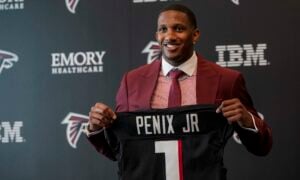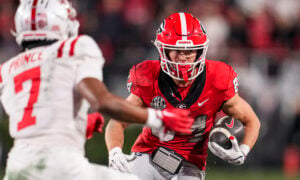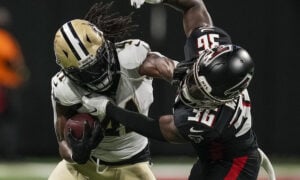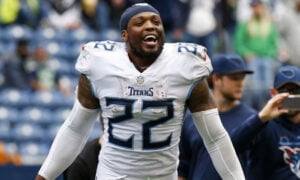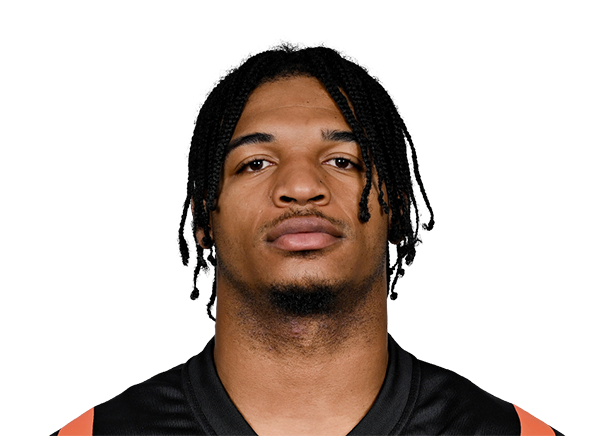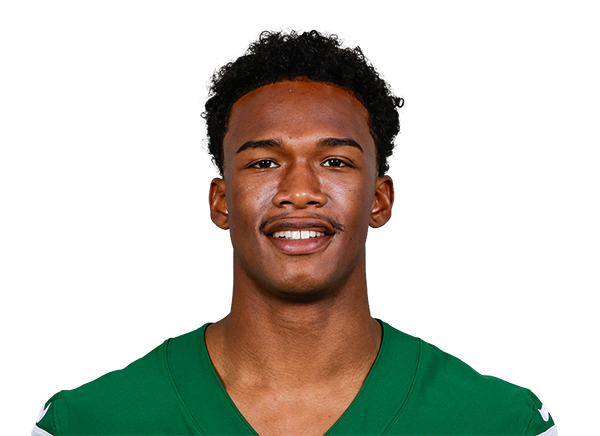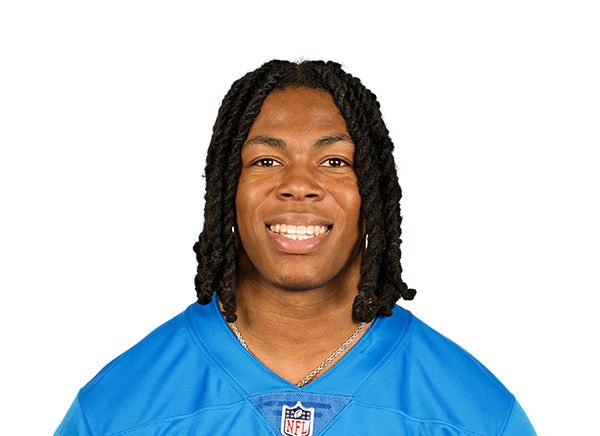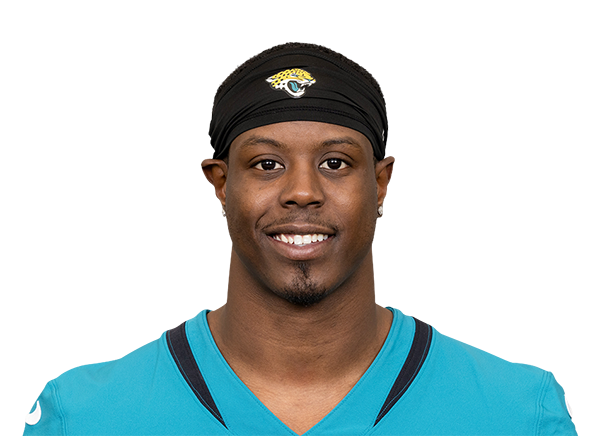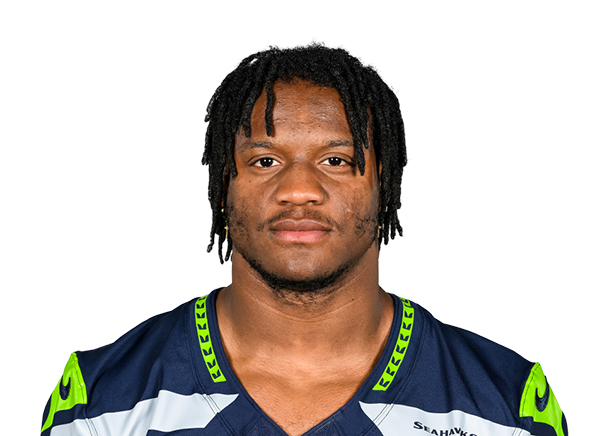The Hidden Lessons: American Pickers
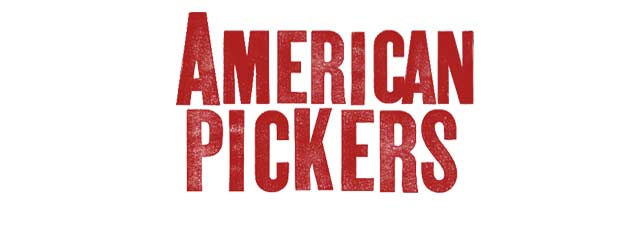
We’ve learned what kind of bidders partake in every auction draft by examining Storage Wars and we’ve learned the intricacies of the negotiations process by scrutinizing Pawn Stars, but what nuggets of hidden wisdom can we find in the History Channel’s hit show American Pickers?
As it turns out, there are several things we can take away from this highly entertaining show.
First and foremost is the obvious – people hoard things and forget about them. In fantasy football, we see this regularly. In many, many dynasty leagues, owners draft deep rosters of random players with little rhyme or reason beyond their expected starters. Your run of the mill fantasy football owner with a deep roster usually won’t start many players beyond his or her expected ones. However, that same owner is a walking contradiction. They obviously value their starters much more than the rest of their lineup, yet when offered a fair deal for a player they never start, they almost always overvalue these players.
On more than one occasion over the course of a season, I’ve offered to trade for and away the same player to the same person in two separate leagues. The perceived value for that player varies greatly depending on who owns him. In fact, I can almost guarantee that if you shared two leagues with the same person and each of you owned a middle of the road player (we’ll dub them “Player X”) that in one of the two leagues it would be harder to obtain “Player X” then it would be to trade “Player X” away.
Why is that?
The cast of American Pickers deals with this exact quandary in nearly every episode. American Pickers centers on two best friends named Mike Wolfe and Frank Fritz as they crisscross the United States looking for forgotten treasures. Mike and Frank dig through barns, sheds, warehouses and even fields filled with most people consider junk in search of items they can purchase from the owner and turn a profit on. It never fails – in every episode, our friendly pickers encounter people who haven’t seen the item that Mike and Frank now covet in decades. Those people always ask an arm and a leg for that item that they didn’t even know they had any longer. On the flip side, most episodes also feature Mike and Frank trying to move the items they purchased to prospective buyers. American Pickers provides a great way to see how ownership of an item affects valuation of that item.
Most of you can likely already see where I’m going here.
Fantasy football is all about valuation – both perceived and actual. What’s valuable to me might be worthless to you and vice versa. However, it seems to be inherent human nature that even if the owner of an item finds it of little value; ownership itself seems to inflate it. Despite making almost no sense, I guarantee you we all do it. The sooner we realize that fact at the moment it’s occurring, the better for each of us.
Countless times per episode, Mike and Frank will make a legitimate offer for what is essentially a forgotten item. The owner of that item will almost always decline that offer based solely on reflex. The value of the item doesn’t seem to play a part in that answer, it’s almost solely based upon emotion or instinct as opposed to logic. This reflex is based on the deep psychological remnants of generations passed where we collected what we needed to survive, not what we desired. Without digging too deep into matters of the mind, to be successful we need to separate what we need versus what we want to possess. In fantasy football terms, we need to separate what we need to win versus what we want to own because we have some kind of sentimental attachment to.
Getting back to the show, Mike and Frank seem to understand this attachment and work hard to reason with the owner during negotiations. One of their “go to” arguments is pointing to the fact that the owner hasn’t used or seen this item in a very long time. When approaching a fantasy football owner, make the same initial argument. Point out that they don’t even use this player. Just as in American Pickers, your potential trading partner will seem to ignore this fact, but nonetheless, the seed has been planted in the back of their mind.
A player which seems to fall into this category a lot is Santonio Holmes – he’s good enough to start in a pinch, but given a choice, he isn’t your stud wide receiver. Holmes clearly has fantasy value in almost every league, but he sits in this weird nebulous area between starter and bench player. Some may feel differently, but arguments aside we’ll use Holmes as our example in this article.
Let’s say for arguments sake you are looking to get Holmes as a fill in player at wide receiver due to an injury to your stud. The owner who currently owns Holmes has only started him one or two times in a five year dynasty league. Upon approaching him with an offer, point this fact out. Stand fast because your initial offer will likely be turned down unless it’s simply amazing and heavily slanted towards the other owner. As a smart dynasty owner who reads DLF, we all know you won’t be sending offers that hurt your team though, right? The owner will shoot back an offer that you won’t want to accept. Keep it open and let them know you’ll think about it. Mike and Frank use this tactic regularly to keep the negotiations flowing and the communication channels open.
Accustomed to initial rejection, Mike and Frank have some strategies up their sleeves to sway the negotiations in their favor. They will continue to look around at the other items their host owns. They will chat the owner up about items they have little to no interest in and ask the price for each of these items. This does three things, it lets the owner share their knowledge about their treasures, it ingratiates the pickers to the owner by showing interest in what they own and it helps inflate the value of other items around the owner so that lowering the price on the original item doesn’t seem like as much of a loss. An added bonus every once in a while comes when an owner shows an item to Mike and Frank they had no prior knowledge of and which suddenly intrigues them.
While this is occurring, Mike and Frank don’t engage the owner, they simply let the owner talk. They don’t really make much eye contact and almost seem to be barely listening to the owner. The owner doesn’t realize it, but they are now working for Mike and Frank. The owner is working to impress them and earn their respect. Once this occurs, subconscious bonds begin to form. The owner doesn’t know it, but they are softening themselves with little work from Mike and Frank.
To pull this move off in fantasy football, ask about several players on your potential trade partners roster. You don’t even have to want these players, but ask about players who have some value. Take the conversation to a more fluid medium such as email, chat room or text message. It’s very important to keep the discussion going, but don’t seem too eager – pump them for information, but ask them to elaborate whenever possible. You want them to sell the players you don’t want.
Right about this time, Mike and Frank try to break the ice and gain the owners trust by making a small buy. They’ll offer five dollars for a small knick knack, they might even take a small loss just to gain that trust. In fantasy football, offer someone to your potential trading partner whom you will never start and request someone they likely won’t start either. The drop in value between the two players should be minimal, but your trade partner must be seen to have won that trade. Maybe offer up a seventh round rookie draft pick as an extra bonus to sweeten the deal. You aren’t looking to come out ahead here; you’re simply looking to get your foot in the door.
Once Mike and Frank have broken the ice, they start to get back to the business at hand – obtaining the item they’ve had their mind on the entire time. What Mike and Frank like to do in order to achieve this is to bundle items together in order to lower the price for all the items involved. They love to bundle, particularly with items they have some interest in so they can get an item they really desire.
Bundling is particularly useful because values get muddled and properly valuing the deal becomes more difficult. If you can start adding pieces to the trade in order to help muddy the picture, even better. Talk up a lower grade player and make your potential trade partner think this player is your true target. Try to express the most interest in this player. Misdirection is key in order to lower the value of your true target and with the bundle as a whole. If your potential trading partner believes the centerpiece of the trade is a player less valuable than your true target, it’s likely you can get the bundle as a whole for cheaper than expected because the centerpiece is what sticks in their mind.
Hopefully during your conversations with your potential trading partner you got a feel both for what they look for in players and which players on your squad they are particularly interested in. If you haven’t had a chance to chat with your potential trade partner about this, it’s time to play catch up and get their opinions on your mid-grade talent especially.
Mid-grade players particularly should be looked at as little more than bargaining chips. The reason for this is due to the fact that since you haven’t had a high enough opinion to start these players on a regular basis, then you shouldn’t internally value these players beyond how you treat them. Notice the key word in that last sentence, that word being “internally.” You need to personally realize these players aren’t very valuable to your team, but you must make your potential trade partner believe they are solid players worthy of a starting position on any team. Remember, one of the lessons we covered in the previous article in this series, The Hidden Lesson: Pawn Stars, you should not oversell this pitch. Keep it low key, but do your best to deliver a solid and short pitch.
Just as in fantasy football, Mike and Frank seem to understand that you can’t fall in love with everything you play eyes on. Sometimes you have to accept that some people just don’t value things the same way you do. One of the prime tenants in fantasy football is, “don’t fall in love with any one player.” Mike and Frank play a numbers game and so should you. Don’t try to work out a trade with only one owner – play the room, make the rounds, whichever cliché you choose, do it. If you find owners who are more open to dealing, foster that relationship. Keep in touch and let them tell you about their players as often as they want. The main point here is nurture as many relationships in your leagues as possible. Not only is it personally enriching, it’s good business too!
So, what if you were able to pull off a bundled trade? You may have some players you may want to flip for some extra pieces and American Pickers helps us in this arena as well.
Mike and Frank always seem to have someone in mind who they can flip an item to when they make a purchase. Similarly, if you pull off a bundled trade, you should have a person in mind who you can flip extra players to also. Maybe you received an extra running back you can’t use in a trade and another team in your league is very light at running back. Maybe one owner you know is very impressed with a certain player you just obtained. Whatever the case may be, send out feelers to these owners. Inquire about their interest in your newly acquired players. If there is even the slightest bit of interest, begin negotiations right away, without hesitation. Think back to your negotiations with the previous owner and use the talking points they mentioned to you. Why? Well, clearly the deal was completed between you and the previous owner, maybe those points helped sell you subconsciously. As a worst case, sharing these selling points can’t hurt.
Let me be clear, moving all of your depth isn’t advisable and is not the point of this article. However, leveraging your depth from time to time in order to improve your team is not only prudent, it’s good strategy!
American Pickers is a great resource to observe low-level negotiations, misdirection and bundling in order to lower the overall price of items and flipping unneeded items for a profit. It’s nearly impossible to keep yourself from cheering for Mike and Frank while watching an episode. American Pickers is great fun to watch, but even more fun to learn from. What’s not to learn from digging through the forgotten treasures of others, negotiating with those people to try to make those treasures your own and then profiting from them? It’s as if American Pickers is tailor-made for fantasy football lovers. Maybe Mike and Frank are fantasy football lovers at heart and just don’t know it yet!
Quick, someone invite them to one of the DLF invitational leagues!






